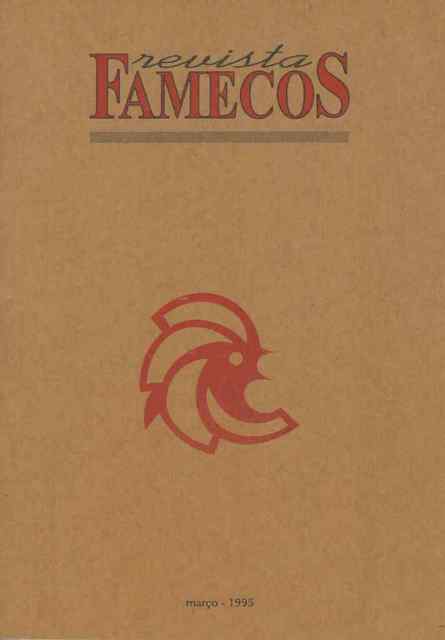Radio and Imaginary - The intelligent use of the vehicle by Vargas (Brazil) and Perón (Argentina)
DOI:
https://doi.org/10.15448/1980-3729.1995.2.2686Keywords:
Rádio, Comunicação e Poder, Governos ditatoriaisAbstract
The title, of course, is provocative. What is meant by two dictatorial rulers is that they knew - intuitively or not - to use the vehicle for their political ends, letting it be directed to the popular imagination, without totally instrumentalizing it. Both Vargas and Perón allowed the radio to operate commercially, with its normal radio-soap operas, humor programs, auditoriums, musicals, sports, and informational programs, always under the vigilant action of censorship, but with official insertions only in certain stations or through the programming of state broadcasters, which were few in both countries.Downloads
References
BACHELARD, Gastón. O direito de sonhar. Diefel: São Paulo, 1985.
BARBERO, Jesús Martín. Procesos de comunicación y matrices de cultura. Itinerario para salir de la razón dualista. México: Felafacs/GG s/d.
CAPARELLI, Sergio. "Políticas de Radiodifusão do Brasil". Cadernos Intercom, n. 8, Cortez/Intercom, dez/1985.
FADUL, Anamaria. Violência, Rádio e Imaginário Popular. São Paulo: mímeo, s/d.
FREITAS, Décio. "O Estado Nacional Populista". Porto Alegre, Zero Hora, Ed. Jornalística RBS, 1/12/91, p. 4.
HAUSSEN, Dóris Fagundes. Rádio e Política: Tempos de Vargas e Perón. São Paulo, Tese de Doutorado apresentada à ECA/USP, 1993.
WEFFORT, Francisco. O populismo na política brasileira. Rio de Janeiro: Paz e Terra, 1980, 2ª ed.
Entrevistas:
MAZZIOTTI, Nora. Professora da UBA, Buenos Aires, 1991, depoimento à autora.
RIVERA, Jorge B. Historiador, Buenos Aires, 1991, depoimento à autora.
Downloads
Published
How to Cite
Issue
Section
License
Copyright
The submission of originals to Revista Famecos implies the transfer by the authors of the right for publication. Authors retain copyright and grant the journal right of first publication. If the authors wish to include the same data into another publication, they must cite Revista Famecos as the site of original publication.
Creative Commons License
Except where otherwise specified, material published in this journal is licensed under a Creative Commons Attribution 4.0 International license, which allows unrestricted use, distribution and reproduction in any medium, provided the original publication is correctly cited.






